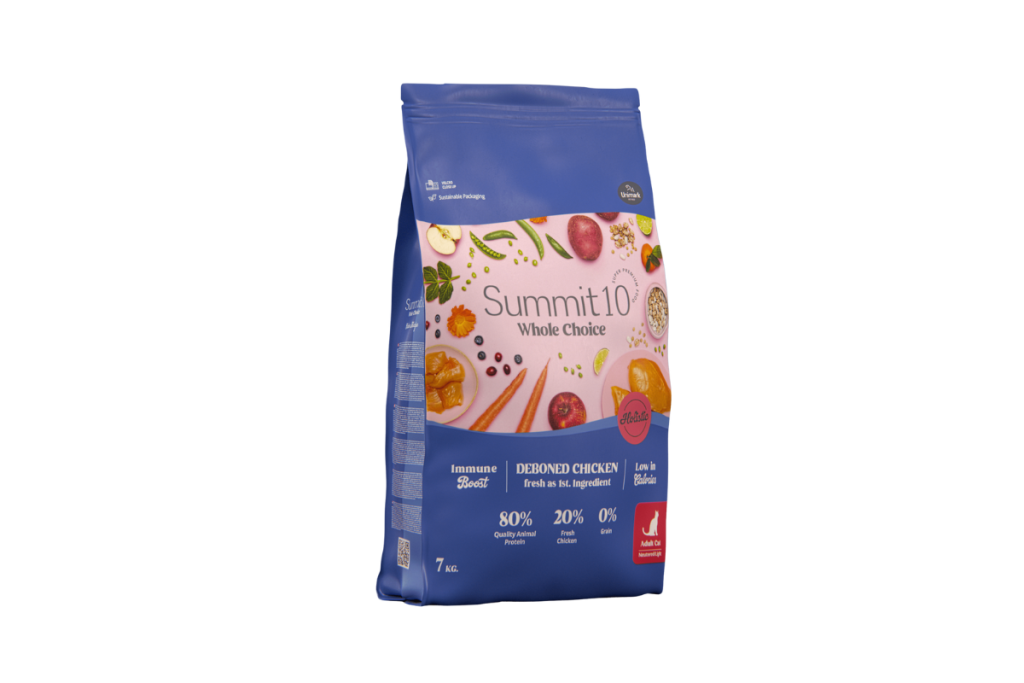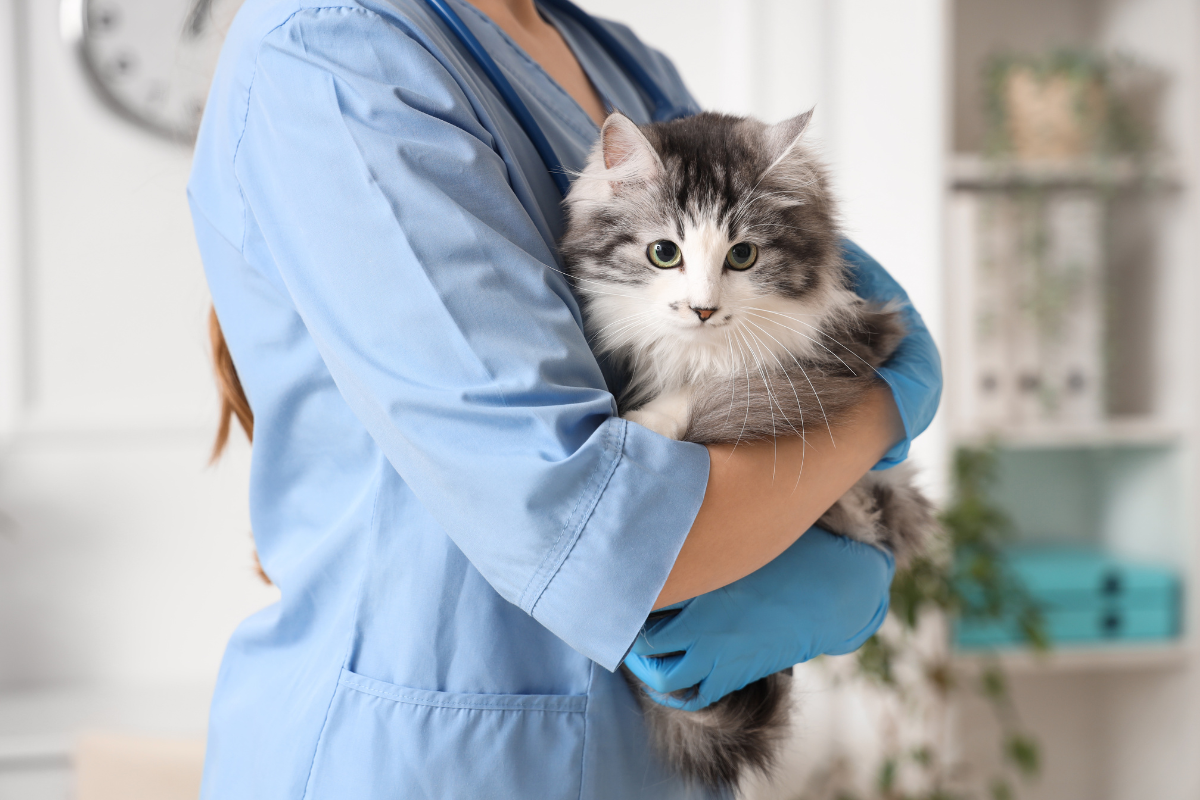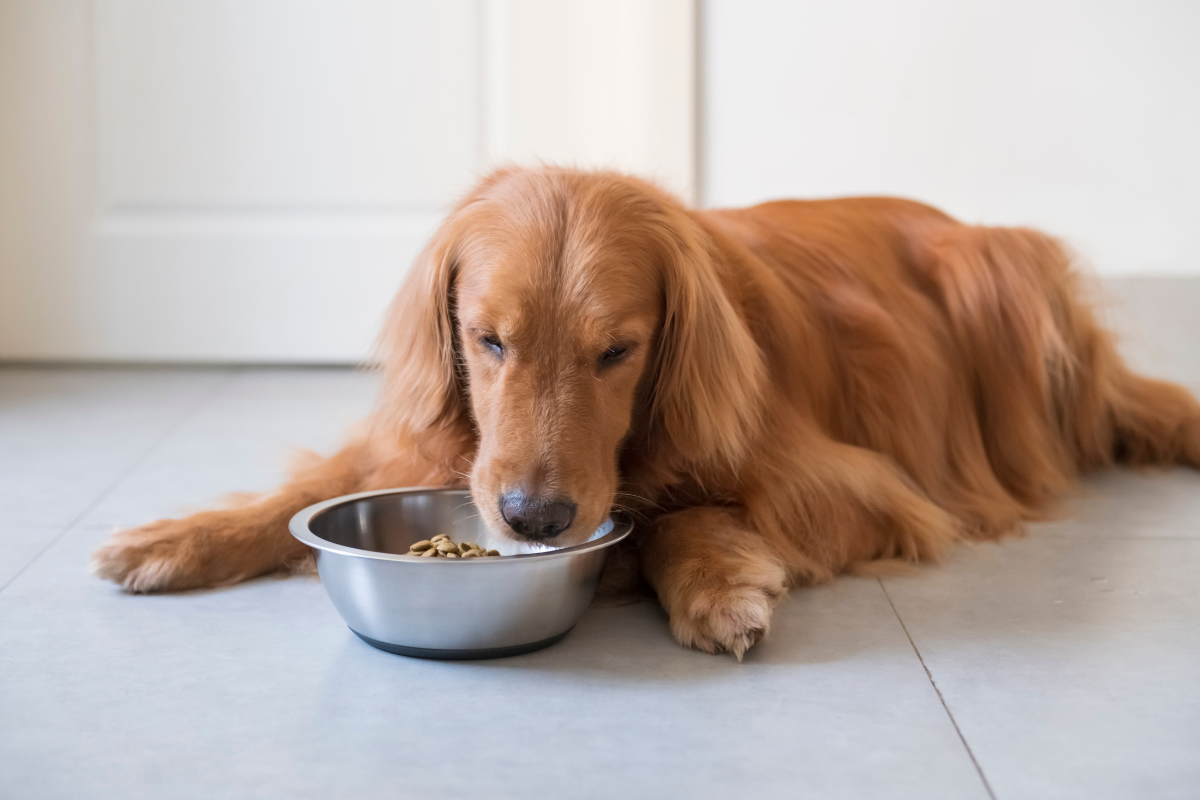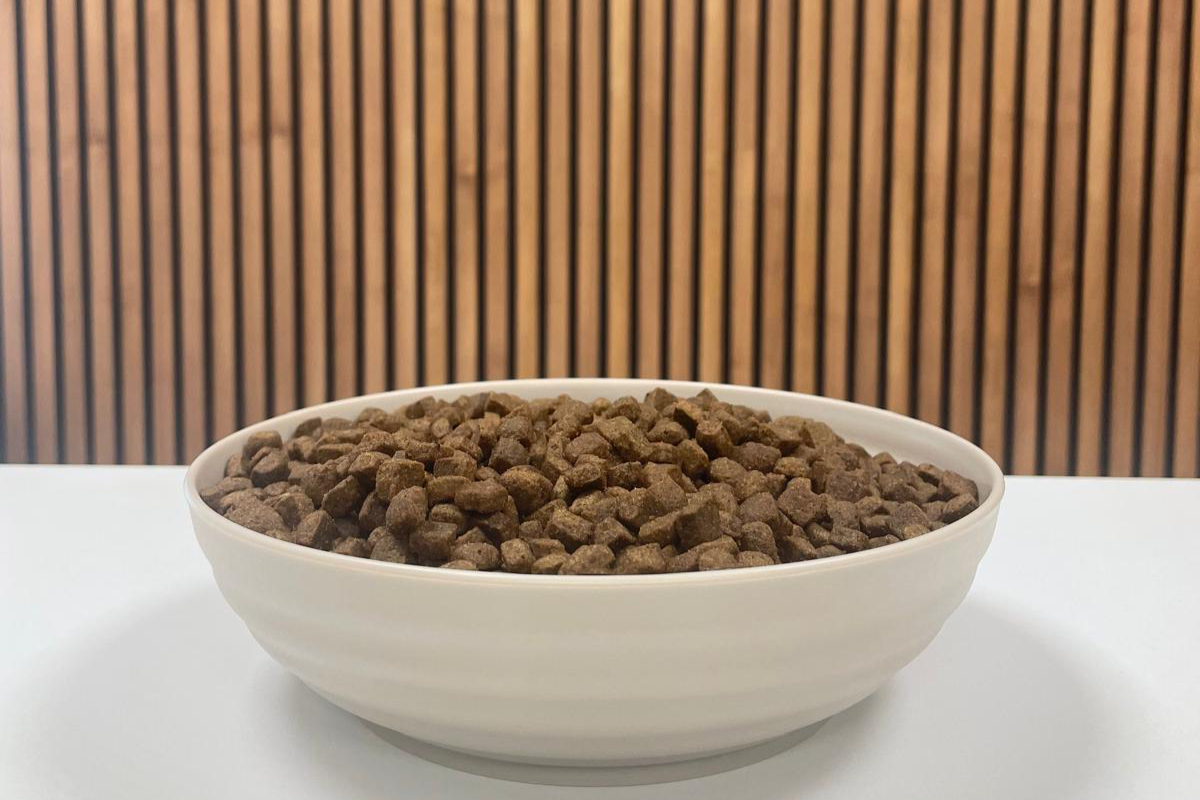Sterilisation is a responsible decision that brings multiple benefits: it improves your cat’s quality of life, prevents health problems and helps control overpopulation. However, after the procedure, their nutritional needs change and require a specific approach. Choosing the right neutered cat food is key to keeping them healthy and at their ideal weight.
What does neutering involve for cats?
Neutering is a surgical procedure that involves the total or partial removal of the internal reproductive organs.
In most cases, it is recommended for the following reasons:
- Birth control: prevents unwanted litters.
- Prevention of sexual organ pathologies (e.g. pyometra in females).
- Reduced risk of tumours (breast, prostatic hypertrophy, etc.).
Behavioural benefits: reduced marking and behaviours associated with heat.
Risks associated with neutering in cats
Although the benefits are clear, there are also some risks that we can prevent through proper nutrition and management.
Obesity
- After sterilisation, cats tend to move less due to changes in their sexual behaviour.
- Their metabolic rate can decrease by up to 30%, and their muscle mass is reduced, thus lowering their energy expenditure.
- In addition, their appetite usually increases.
- In cats, the risk of obesity increases threefold.
Urinary problems
- An overweight cat drinks less water and urinates less frequently, which makes the urine more concentrated.
- This promotes the formation of urinary crystals and increases the risk of stones:
- Oxalate stones: 7 times the risk
- Struvite stones: 3.5 times the risk
Why change your diet after neutering?
In cats, switching to a neutered/spayed food is highly recommended, as it is formulated to suit their new needs.
- Reduce calorie intake without sacrificing nutrients.
- Maintain muscle mass.
- Protect urinary tract health.
*Exception: if the cat is still a kitten, you can maintain the growth diet, but reduce calories by 25-30% to avoid excess energy.
Key characteristics of the ideal food for neutered cats
A good food for neutered cats should include:
- Fewer calories and fats to prevent weight gain.
- More fiber to increase the feeling of satiety and reduce the energy density of the ration.
- More quality protein to preserve muscle mass.
- L-carnitine to help mobilize fat and convert it into energy.
- Mineral balance (an appropriate balance of phosphorus, magnesium, and calcium) and formulation to maintain optimal urinary pH, reducing the risk of stones.

Dry, wet, or mixed food
Dry food:
- Practical
- Helps with dental hygiene
- It is important that cats always have access to fresh water, as they do not usually drink enough.
Wet food:
- Increases water intake and dilutes urine, reducing the likelihood of stones.
- Provides greater satiety.
- It is usually more palatable.
Mixed feeding (dry + wet)
- Combines the best of both formats
- It is very important to control portions
The choice will depend on your cat’s preferences and your vet’s recommendations.
Tips for the transition
If you are going to change your cat’s food, do so gradually over 7–10 days:
- Days 1-3: 75% current food + 25% new food.
- Days 4-6: 50% current food + 50% new food.
- Days 7-10: 25% current food + 75% new food.
- Day 11: 100% new food.
Beyond diet: habits and management
Weight control in neutered cats does not depend solely on food:
- Encourage exercise: use scratching posts, shelves, cat trees and interactive toys to promote movement and play.
- Regulate portions: many neutered cats do not control their intake, so free-feeding is not always recommended. Ideally, measure the daily amount and divide it into several meals.
Conclusion
Neutering is a big decision for your cat’s health and well-being, but it requires adapted nutrition to prevent risks such as obesity and urinary problems. Choosing food for neutered cats, along with exercise and controlling the ration, is key to improving your cat’s quality of life and longevity. Always consult your vet to find the most suitable option.
Frequently asked questions (FAQs)
When should I start feeding my cat food for neutered cats?
Ideally, you should start the specific diet a few days after sterilisation, once your cat has recovered from the surgery and with your vet’s approval.
Can I feed homemade food to a neutered cat?
This is not recommended, as it is difficult to ensure the necessary nutritional balance. It is better to choose a food specifically formulated for neutered cats, which already has the right balance of calories, protein, fibre and minerals.
Is dry food or wet food better for neutered cats?
Both formats are valid, but wet food provides more hydration and helps prevent urinary problems. A mixed diet can be a good option as long as the quantities are controlled.


